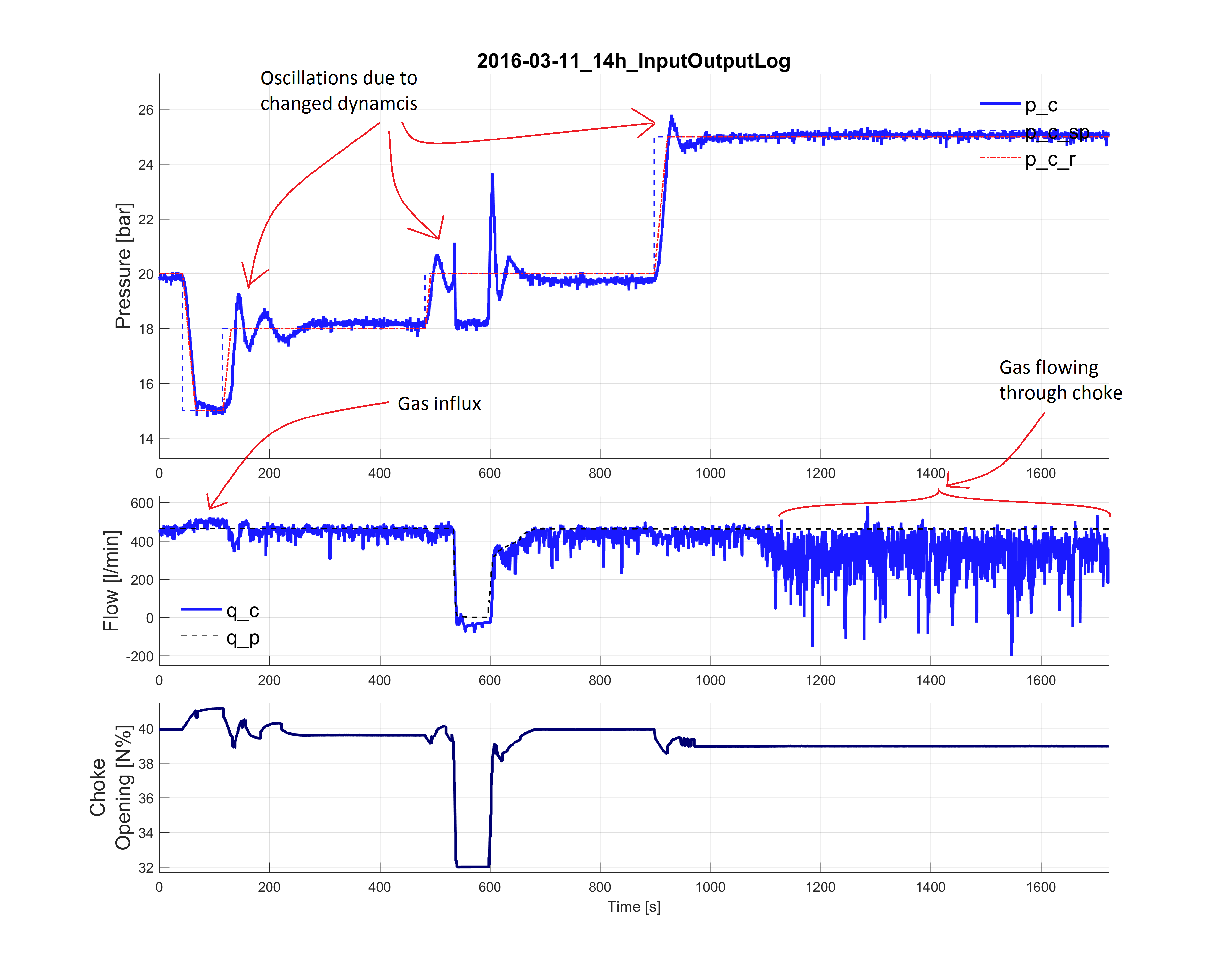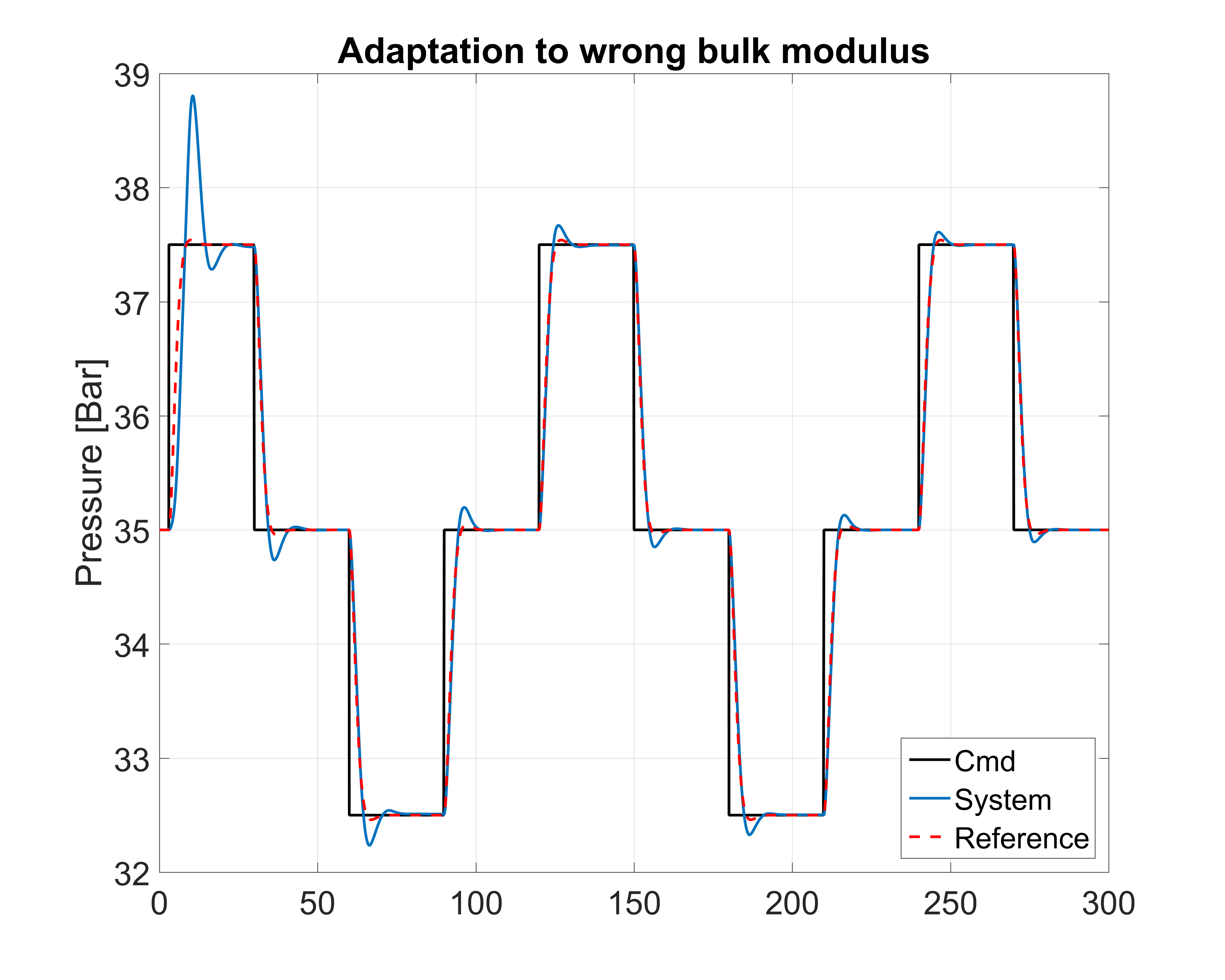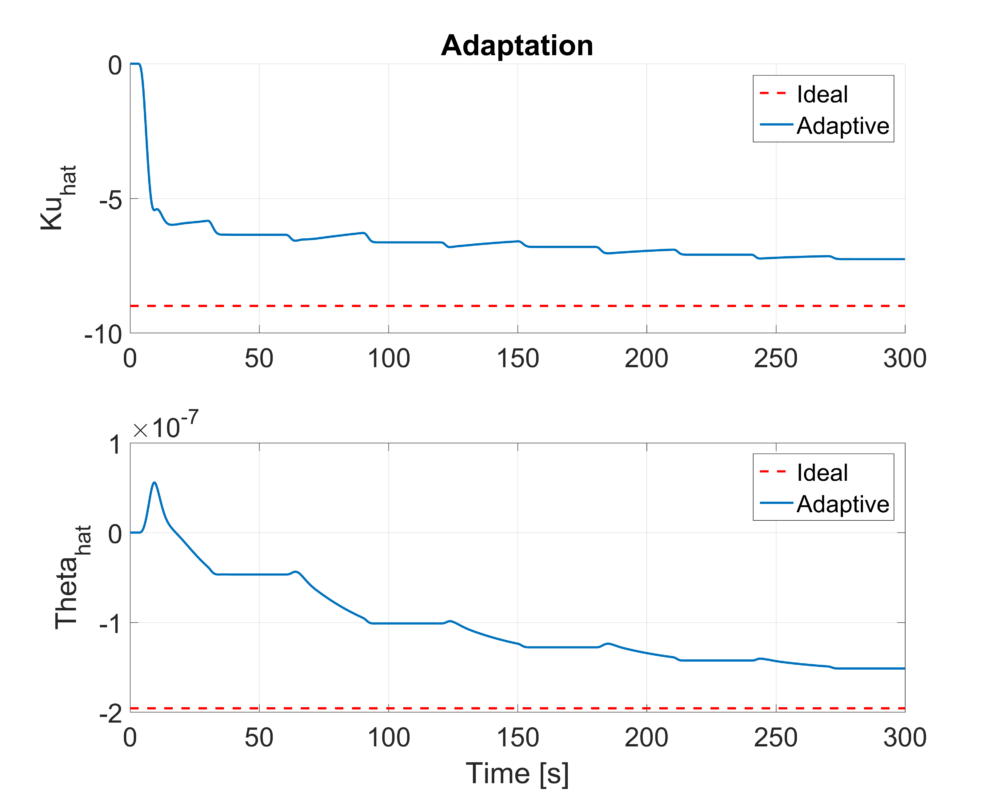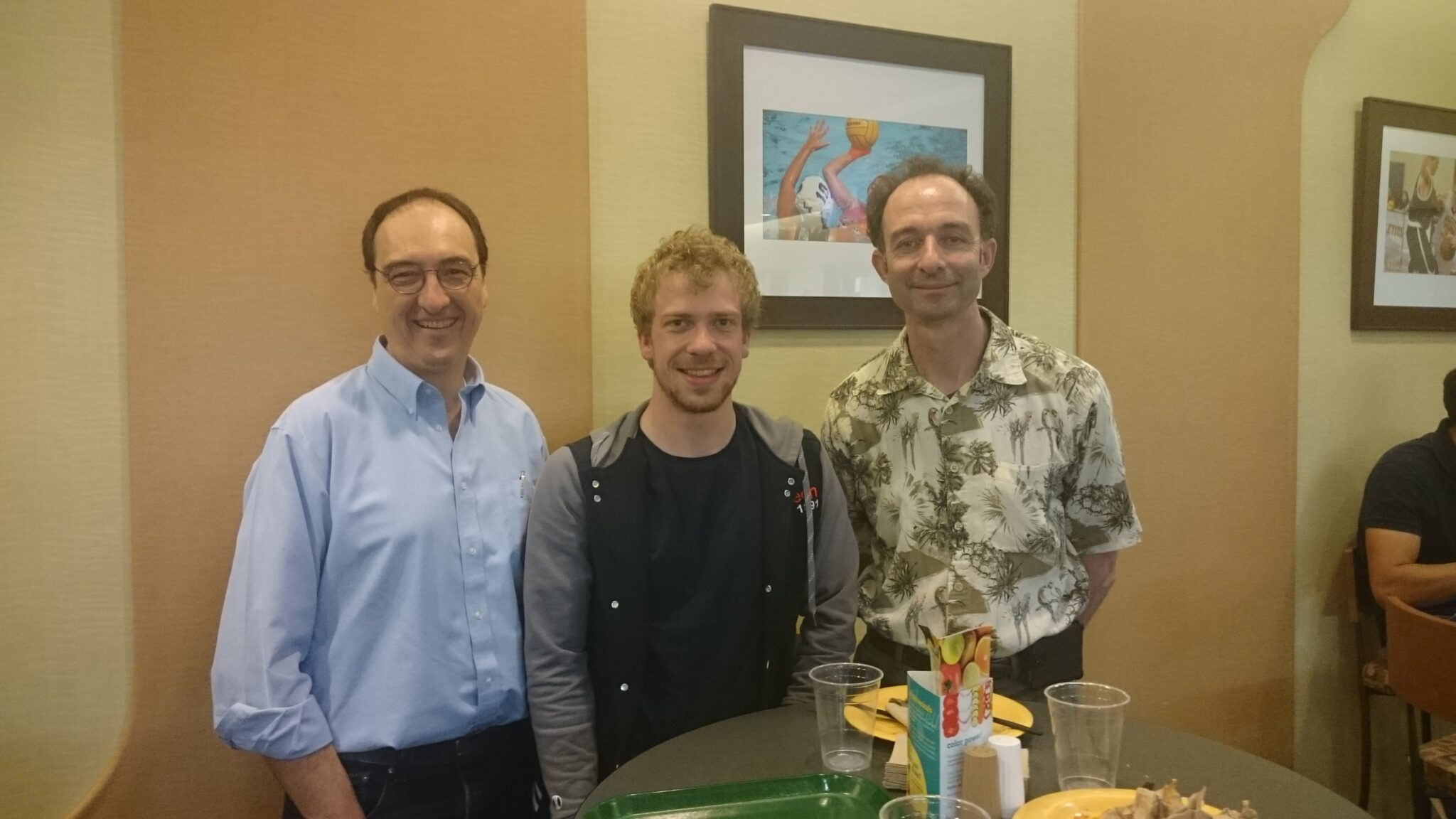The project aim is to develop an automated MPD system that handles all operating conditions without the need of expert users.
Oil and gas constitute more than 50% of the energy consumption of the world today. To maintain growth and continue development more petroleum production is required. However, most of the easily accessible oil resources are already produced. There are still significant amounts of known oil and gas resources, but they are more challenging to drill down to. In an easy well, there are few challenges and traditional technologies can be used to drill. Now, more often than not, there are more considerations to be taken when a well should be drilled. Traditional methods can still be used, but they might pose an increased risk of accidents and failures, threatening crew safety, the environment, and economics.
In the last 20 years, new methods for tackling the increased difficulty in modern wells have been introduced. One method, that has gained more and more popularity since its introduction in the early 2000s, is managed pressure drilling (MPD). This technology is designed to increase crew safety by faster and more precise control of the drilling operation. Additionally, MPD has great potential to reduce non-productive time (NPT), which can be very expensive due to high rig day rates. There are many MPD systems on the market, but often they require a highly competent crew to operate safely and with high accuracy.
The aim of this Ph.D. thesis is to develop an MPD system that automatically handles a large variety of operating conditions. Such a system would be desirable for cost-effective implementation of the MPD technology on new drilling rigs and it offers the first viable solution for a fully integrated MPD system on drilling rigs. The focus of this thesis from the start until now has been on the development of robust methods for drilling control. With the use of advanced control methods, such as model-based and adaptive control, from the aerospace industry, we have developed a fully functional MPD system that monitors its own performance and automatically configures itself to constantly obtain the highest possible performance. The MPD system is already fielded and has so far been used in more than a dozen drilling operations.
The focus forward will be on the creation of standardized measures for MPD system performance. MPD systems are safety critical and failures can cause catastrophic consequences. Therefore, any MPD system should be verified on a set of relevant test cases before it is implemented in the field. These benchmark measures will be published as a resource for MPD comparison of MPD system performance. The results will be made available to the public.
During the last decades, the amount of easy oil has decreased significantly, leaving challenging oilfields that requires complex drilling operations to enable safe and effective drilling. Such challenging oilfields are often characterized by narrow pressure windows, causing a necessity for accurate pressure control to avoid breaks in the rock formation and/or taking influx of formation fluids and gas. An enabling technology for drilling these kinds of wells are managed pressure drilling (MPD). Contrary to conventional drilling techniques where the downhole pressure is controlled by changing the fluid mud weight, MPD offers faster and more accurate control by manipulation of a back pressure choke.
Critical events, such as gas influx, loss of mud or other failures, still needs to be handled robustly to facilitate safe and effective well control actions. Focusing on the gas influx scenario, where even small gas amounts change the pressure dynamics in the well significantly [1], the correct well control action is to increase the downhole pressure, stopping the influx. Adaptive controllers offers the possibility to update the controller tuning in real-time to maintain pressure control performance in the event of changing pressure dynamics, being of vital importance for performing safe good control actions. A non-adaptive controller, on the other hand, will experience decreased pressure control performance during these events, and might cause severe oscillations, or even unstable behavior. Moreover, an adaptive MPD solution offers the possibility to continue drilling safely even after handling of gas influx, significantly reducing the non-productive time during drilling.
Adaptive Control
My work up until now has mainly focused on handling the changed pressure dynamics due to gas influx robustly with adaptive control. The figure below shows the results of a non-adaptive fixed-gain controller from flow loop data during a gas influx. The controller was tuned to have good performance without gas, which can be seen in the first ramp-down, however, at 15 bar pressure a small amount of gas is injected into the flow loop, causing significant oscillations in the following pressure ramps. One of the main objectives of my Ph.D. is to, by robust adaptive control, to maintain pressure control performance during such events.

Field data showing pressure performance during gas influx using a non-adaptive controller. The gas influx happens during the set-point change down to 15 bar at the beginning of the scenario and causes pressure oscillations in the following changes in set-points due to changed dynamics. The ramp-down of flow after 500 seconds emulates a connection, and the noisy flow measurements after 1100 seconds indicate that the gas is flowing through the choke manifold.
Adaptive control
Adaptive control has been around since the 1950s, where it emerged as an idea for designing autopilots for supersonic aircraft [2]. Since then, there has been much development within adaptive control methods and stability analysis. Recent progress in the aircraft industry, led by among others Eugene Lavretsky [3], has spiked a new interest in the application of adaptive control, in which I also take part.
In the following figures, a simple example employing the methods developed in [3] can be seen. The basic idea is to combine a robust baseline controller with an adaptive algorithm, ensuring stable and robust behavior for a large range of operating point, while the adaptive controller recover performance in the case of unmodeled dynamics. In the simulation results shown below, the bulk modulus of the fluid is only 10% of what the controller was designed for, however, the adaptive controller recovers most of the performance in only one step change of 2.5 bar.

Pressure control simulation with observer based loop transfer recovery. At the beginning of the simulation the bulk modulus is 10 times smaller than used for design. The adaptive controller reduces oscillations significantly.

Adaptive parameter development in a observer based loop transfer recovery controller scheme. The parameters can be seen to approach their ideal values.
About myself
Originally from Eide, a small town between Molde and Kristiansund in Møre og Romsdal, I moved to Trondheim to pursue a master's degree in Engineering Cybernetics at NTNU in 2009. In June 2014 I earned my master's degree with the thesis "Topic of hysteresis modeling and identification for nanopositioning applications", where the main results were published in [4]. Later that summer I joined Kelda as a research engineer, shortly followed by starting an industrial Ph.D. in collaboration between Kelda, NTNU and the Research Council of Norway. As a part of my PhD studies I have spent 4 months at one of the worlds leading technological universities, the California Institute of Technology (CalTech), working with Dr. Eugene Lavretsky, a senior technician at Boeing Phantom Works (and one of two authors of [3]), and Caltech Professor Richard Murray.

Me together with Richard Murray and Eugene Lavretsky during my 4-month research visit to Caltech.
References
- Stamnes, Øyvind Nistad. "Nonlinear Estimation with Applications to Drilling." Ph.D. thesis, Norwegian University of Science and Technology (NTNU) (2011).
- Åstrøm, Karl. "History of Adaptive Control." Encyclopedia of Systems and Control, Springer (2014).
- Lavretsky, Eugene and Wise, Kevin. "Robust and Adaptive Control with Aerospace Applications", Springer (2013).
- Stakvik, Jon Åge, et al. "On Implementation of the Preisach Model: Identification and Inversion for Hysteresis Compensation." Modeling, Identification and Control 36.3 (2015): 133.
Since the start of the project, the following articles are published:
- Stakvik, Jon Åge; Berg, Christian; Kaasa, Glenn-Ole; Aamo, Ole Morten. (2017) Cascaded Bottom Hole Pressure Control in Managed Pressure Drilling. IEEE Conference on Control Technology and Application.
- Stakvik, Jon Åge; Berg, Christian; Kaasa, Glenn-Ole; Graham, Robert; Torrealba, Antonio. (2017) Model-Based Control in Managed Pressure Drilling. SPE/IADC Drilling Conference and Exhibition.
- Kaasa, Glenn-Ole; de Oliveira, Vinicius; Lehner, Urs. (2016) Flow loop testing verifies adaptive model-based choke control system. Drilling Contractor.
- Stakvik, Jon Åge; Berg, Christian; Kaasa, Glenn-Ole; Aamo, Ole Morten; Lehner, Urs. (2016) Adaptive Model Based Choke Control System for MPD Operations. SPE/IADC Managed Pressure Drilling and Underbalanced Operations Conference and Exhibition.